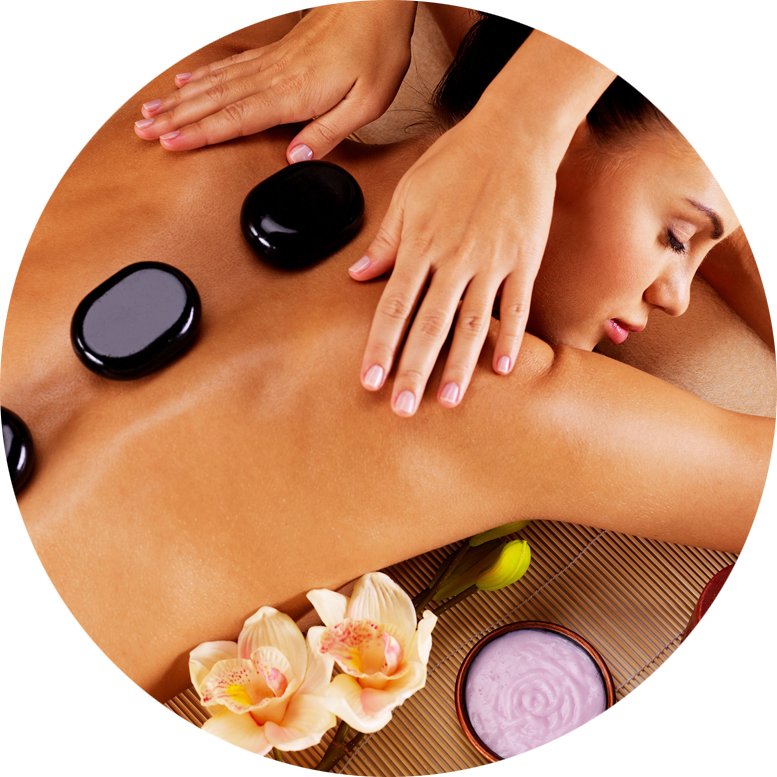
Physiotherapy
Through mobilisation, manipulation, exercise and manual therapy, Physiotherapy aims to restore normal function to patients suffering a wide range of injuries, pain, limited movement, and discomforts. Physiotherapy is primarily concerned with the diagnosis and treatment of injuries involving the neuromusculoskeletal system.
NEURO – Nerves
MUSCULO – Muscles and Tendons
SKELETAL – Bones, Joints, Cartilage, and ligaments
Damage to one of these structures may result in pain, ‘pins and needles’/numbness, swelling, bruising, stiffness or weakness. The Physiotherapist’s role is to establish which structure has been damaged and, ideally, how it was damaged. By understanding what caused the injury we can focus on treating it and prevent the injury from recurring. In addition to spending time listening to each patient’s recount of their injury, we perform numerous diagnostic tests to determine both the nature and the probable cause of the injury. Then, according to which structures have been damaged, the physiotherapist may use their hands to mobilise stiff joints and/or release tight muscles, provide a program of exercises to strengthen weak structures, and advise as to what activities to do or to avoid accelerating recovery. The principal focus of treatment is then on restoring normal, symmetrical, pain-free movement. And, because it is ‘abnormal’ asymmetrical movement that often leads to injury, Horton Park Physiotherapy can prevent injury by identifying and correcting such movement asymmetries. Whether you are rehabilitating from surgery, have developed pain through overuse, or have suffered an acute injury, why not get in touch, and get better, faster. Our Physiotherapists will help you get quickly on the road to recovery. Involved in a motor vehicle accident, workplace injury or home related injury, call or text us today for an assessment. Alternatively, make an appointment with us online today!

Acupuncture Treatment
Another modality of RMT practice is Acupuncture. It is used as a treatment for a wide variety of medical conditions. For more than 2000 years, it has evolved into a comprehensive and holistic healthcare system. Just like herbal medicine, it is based on RMT theory. Acupuncture points are chosen based on the RMT diagnosis, as well as the person’s symptoms. Needles are inserted into certain anatomical points (acupuncture points) along the body’s meridian pathways. It is believed that the meridians are pathways, allowing Qi and blood to move freely throughout the body. The needles are left in anywhere from about 15 minutes to 45 minutes, depending on the desired effect. The needles are believed to promote the body’s natural healing processes. Acupuncture has shown to be a safe and effective treatment for many health conditions and pain complaints.

Massage Therapy
Herbal Medicine Therapy
Herbs are a central part of Traditional Chinese Medicine practice, and an important modality used in TCM treatment. There are anywhere from about 100 to 400 different herbs that the practitioner has available when creating a formula. First, the practitioner goes through a detailed intake with the patient. Next, the practitioner feels the quality of the pulses and looks at the patient’s tongue. After carefully taking into consideration all factors, the practitioner comes up with a TCM diagnosis that fits the patient’s complaints, and their unique constitution. At this stage, the practitioner decides which formula and herbs are best suited for the patient. No two formulas are the same. Each one is made specifically for the individual, making TCM very unique. To ensure herb quality and safety, we use herbs that have been processed into extract granules. They are easily taken by dissolving them in hot water and drinking them as a tea. For more information on Chinese Herbal Medicine, please visit here.

Sleep and Diet Therapy
We are often asked if there is anything that a patient can do to help make the treatment more effective. The most important factors a patient can work on outside of the treatment are sleep, diet and stress management. To make improvements, it’s important you get adequate sleep, good nutrition, and manage stress well. We can most definitely work with the current symptoms a patient is having, but it is difficult to make long term improvements without the addition of these factors. Sleep is a very important part of the equation for us when trying to help you. Even if your complaints are not related to sleep issues, we will continuously be assessing your quality of sleep throughout your treatments. Another aspect we discuss in your treatment is diet. From a TCM point of view, there may be certain foods we will recommend or discourage. This is dependent on your constitution and specific health complaints.

